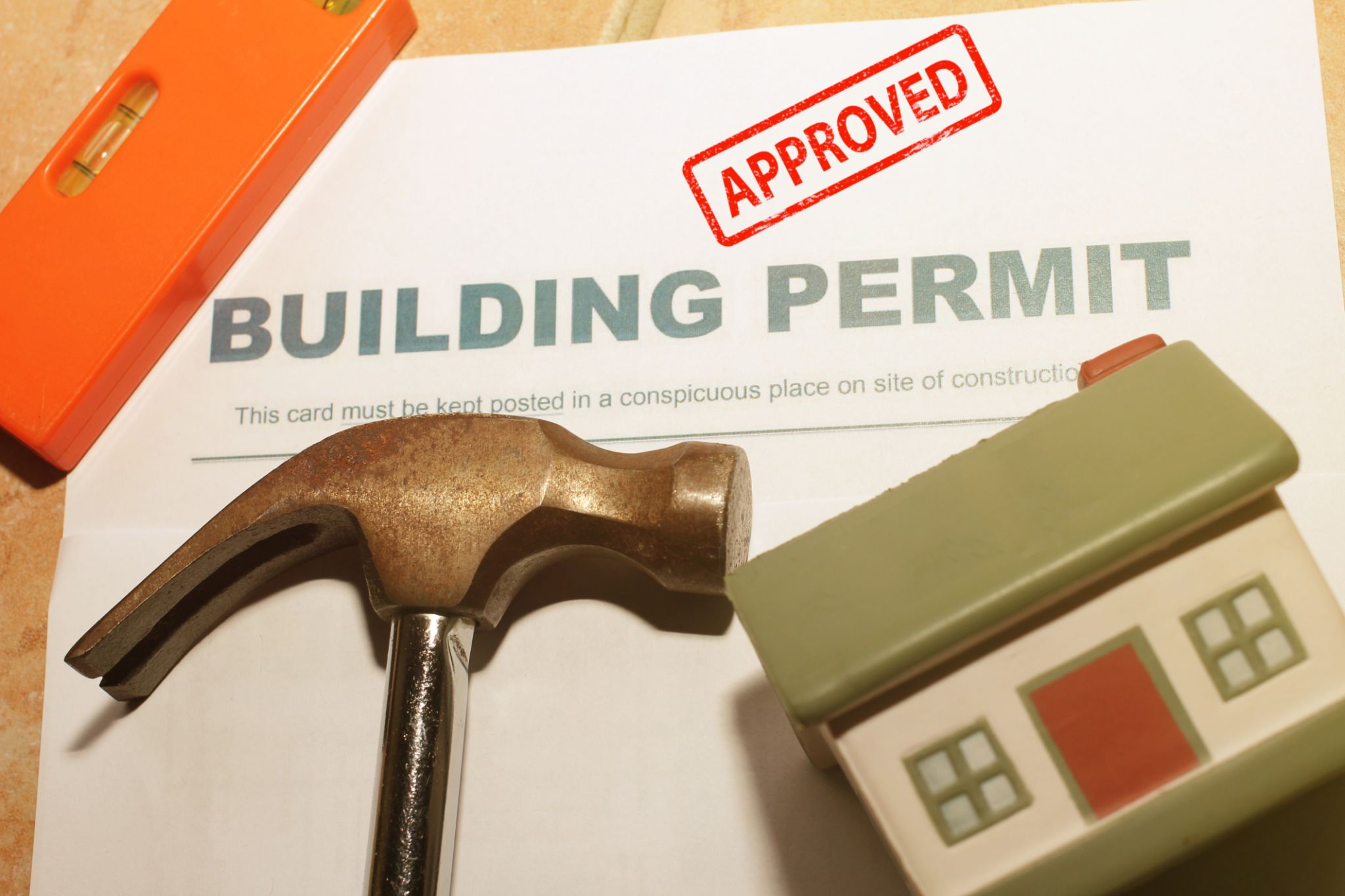Navigating Local Regulations: What Lehigh Valley Homeowners Need to Know
HS
Understanding Zoning Laws
When considering any home improvement or real estate purchase in Lehigh Valley, it’s crucial to start with a deep understanding of local zoning laws. Zoning regulations dictate how land can be used and what structures can be built. These laws can vary significantly from one municipality to another within the Valley, so it’s important for homeowners to familiarize themselves with the specific rules applicable to their property.
Homeowners should check with their local zoning office to determine the zoning designation of their lot and understand the permitted uses and restrictions. This knowledge is essential before making any modifications to your property, such as adding a garage or building a fence, to ensure compliance and avoid potential fines.

Building Permits: What You Need
Before embarking on any construction project, whether it’s a small renovation or a major addition, obtaining the necessary building permits is a critical step. Building permits are required for most construction activities and ensure that the project complies with local building codes. Neglecting to acquire the proper permits can lead to costly penalties and may even necessitate undoing completed work.
Typically, permits are required for structural changes, plumbing, electrical work, and significant landscaping projects. Homeowners should contact their local building department for guidance on which permits are needed for their specific project. Additionally, it’s advisable to hire a licensed contractor who is familiar with local regulations and can assist with the permitting process.

Historic Preservation Considerations
Lehigh Valley is rich in history, with many properties located within designated historic districts. If your home falls within one of these areas, there may be additional regulations governing changes to the exterior of your property. Historic preservation ordinances aim to maintain the architectural integrity and historic character of these neighborhoods.
Homeowners in historic districts may need to obtain special approvals before making exterior modifications, such as changing windows, doors, or roofing materials. It’s essential to consult with the local historic preservation office to understand the guidelines and restrictions that apply to your property.

Environmental Regulations
In addition to zoning and building codes, homeowners in Lehigh Valley should also be aware of environmental regulations that may impact their property. These regulations often pertain to water management, such as stormwater runoff, and natural resource conservation. Compliance with these rules is vital to protect the local environment and prevent potential legal issues.
For homeowners near bodies of water or wetlands, there may be additional requirements concerning landscaping or construction activities. It’s recommended to engage with local environmental agencies to ensure that all activities on your property are environmentally sound and compliant with existing regulations.
Community Association Rules
If you live in a community governed by a homeowners association (HOA), there may be additional rules and regulations that need consideration. HOAs typically have their own set of guidelines regarding property appearance, maintenance, and improvements. These rules can include everything from acceptable paint colors to restrictions on certain types of landscaping.
Before starting any project, review your community's HOA guidelines and obtain any necessary approvals. This step will help you avoid conflicts and ensure that your improvements align with community standards.

Resources for Homeowners
Navigating local regulations can be complex, but Lehigh Valley offers numerous resources for homeowners seeking guidance. Local government websites often provide valuable information on zoning, permitting, and environmental regulations. Additionally, attending community meetings or workshops can be beneficial in gaining a better understanding of the requirements in your area.
Consider consulting with professionals such as real estate agents, contractors, or legal advisors who have experience dealing with local regulations. Their expertise can be invaluable in ensuring that your projects proceed smoothly and comply with all necessary laws.
